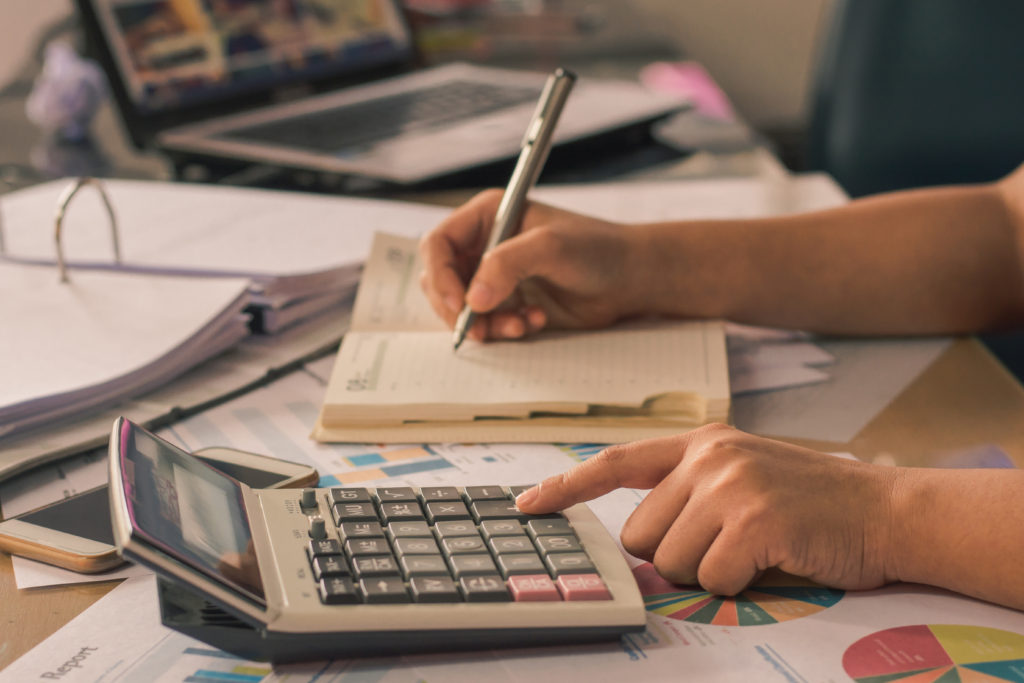Airbnb has risen in popularity over the last several years for both travelers and individuals looking to make an extra income. However, Airbnb hosts have to deal with tax ramifications. Many hosts are surprised to find out they owe estimate taxes on their earnings. Here, we’ll outline Airbnb estimated taxes and tax planning tips to help you prepare.
Do I Need to Pay Estimated Taxes?
The estimated tax guidelines are pretty straight forward. If you are self-employed and make over $1,000 in income, the IRS wants you to make quarterly payments. You’re responsible for calculating you’re tax totals and submitting payments on time. The deadlines for quarterly payments fall on the following dates:
- 1st Quarter Jan. 1- Mar 31 Due April 15
- 2nd Quarter April 1- May 31 Due June 15
- 3rd Quarter June 1 – Aug. 31 Due Sept. 15
- 4th Quarter Sept. 1 – Dec. 31 Due Jan. 15
There is one exception: the 14-day rule. If you rent your property for fewer than 14 days per year and use the property more than 14 days per year, you don’t have to report your rental income to the IRS. This rule covers both houses and single-room rentals. However, if you don’t report the income, you can’t claim any deductions.
You can also avoid estimated tax payments if you are a W-2 employee. This usually applies to Airbnb hosts who also work a regular job. If you’re in this position, you can ask your employer to increase your paycheck withholdings in order to cover your Airbnb taxes.
Tax Planning Tips For Airbnb Hosts
Don’t get caught off guard by estimated taxes. Following these helpful guidelines can help you avoid trouble with the IRS.
Calculate Estimated Taxes
Calculating your payments is the most challenging part of estimated tax planning. After all, you can’t predict your future income. To make things simpler, you can base your payments on last year’s tax bill. This strategy works also works for first-year hosts. Just take last year’s total tax bill and divide it by four. The total is the amount you should pay each quarter. You can also adjust the amount to reflect income changes if needed.
Self Employed Taxes
Self-employed taxes are also included with your estimated tax payments. These taxes cover both the employer and employees portions of SSN and medicare taxes. The total self-employed tax rate comes out to 15.3% of your net earnings.
Deductions
Deductions lower your adjusted gross income and subsequently reduces your overall tax liability. Airbnb hosts should make deductions a major component of their tax planning strategy. Claiming the right deductions can significantly reduce your tax bill. Some common Airbnb host deductions include:
Improvements and Repairs
If you made improvements to your Airbnb rental, you can deduct these costs.
Cleaning and Maintenance
You can deduct professional cleaning costs. If you clean your own units, you can also deduct the cost of cleaning supplies.
Linens
If you purchased new bedding and towels for your business, these costs can be deducted.
Service Charges
You can deduct your Airbnb fees for more tax savings.
Utilities
Utility payments associated with your rentals are also deductible.
Entertainment
You can deduct the cost of entertainment services for your guests. This includes Hulu, Netflix, and other streaming entertainment platforms.
More Airbnb Tax Deductions
Read our complete post on the most common Airbnb tax deductions for more info.

Submit Tax Payer Info to Airbnb
Airbnb reports your income to the IRS, and they also have the power to withhold money from your payouts. They usually hold 24% to 28%, and this often adds up to more than you will owe. If you provide the necessary information, they will not withhold anything from your payouts. This allows you more room to plan your estimated tax strategy, which could save you thousands in taxes. In addition, if you have more than 200 stays or more than 20K in income, Airbnb will send a 1099-k. It is very important to report this income accurately, as failure to do so could result in the unwanted attention of the IRS.
Keep Impeccable Records
Part of a good estimated tax strategy is keeping good records. It is important to keep detailed records of guests’ stays, as well as receipts for business expenses. This way if the IRS has any questions, you have all the information handy.
Set Up Tax Saving Account
Setting up a tax saving account is a good way to ensure that funds are readily available to make tax payments. You can set aside a certain percentage of each payout in a separate account for peace of mind.
Avoid Penalties
One of the most important reasons for estimated tax planning is to avoid penalties. Avoid penalties by calculating the correct amount you owe, and by paying your estimated taxes on time.
Finding An Accountant & Tax Advisor For Your Airbnb Business
Working with a tax advisor who understands your business is the best way to protect yourself from overpaying, and prevent unnecessary and expensive penalties. Working with a professional can help you form a good estimated tax strategy that could save you a lot of money on taxes. In addition to saving money, a professional will also be knowledgeable about compliance issues. To learn more about estimated tax planning strategies, connect with us here. You can also sign up for our free tax tips newsletter using the form below.
